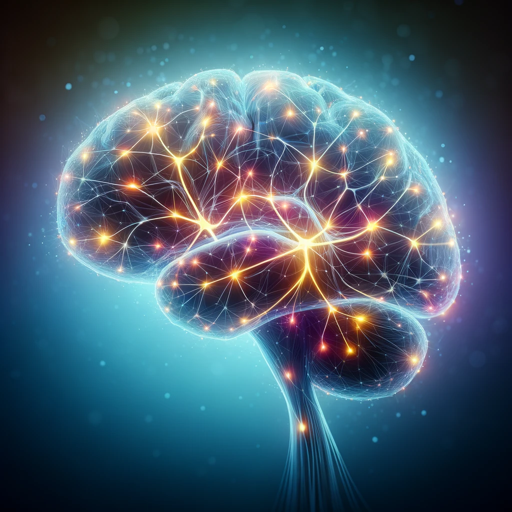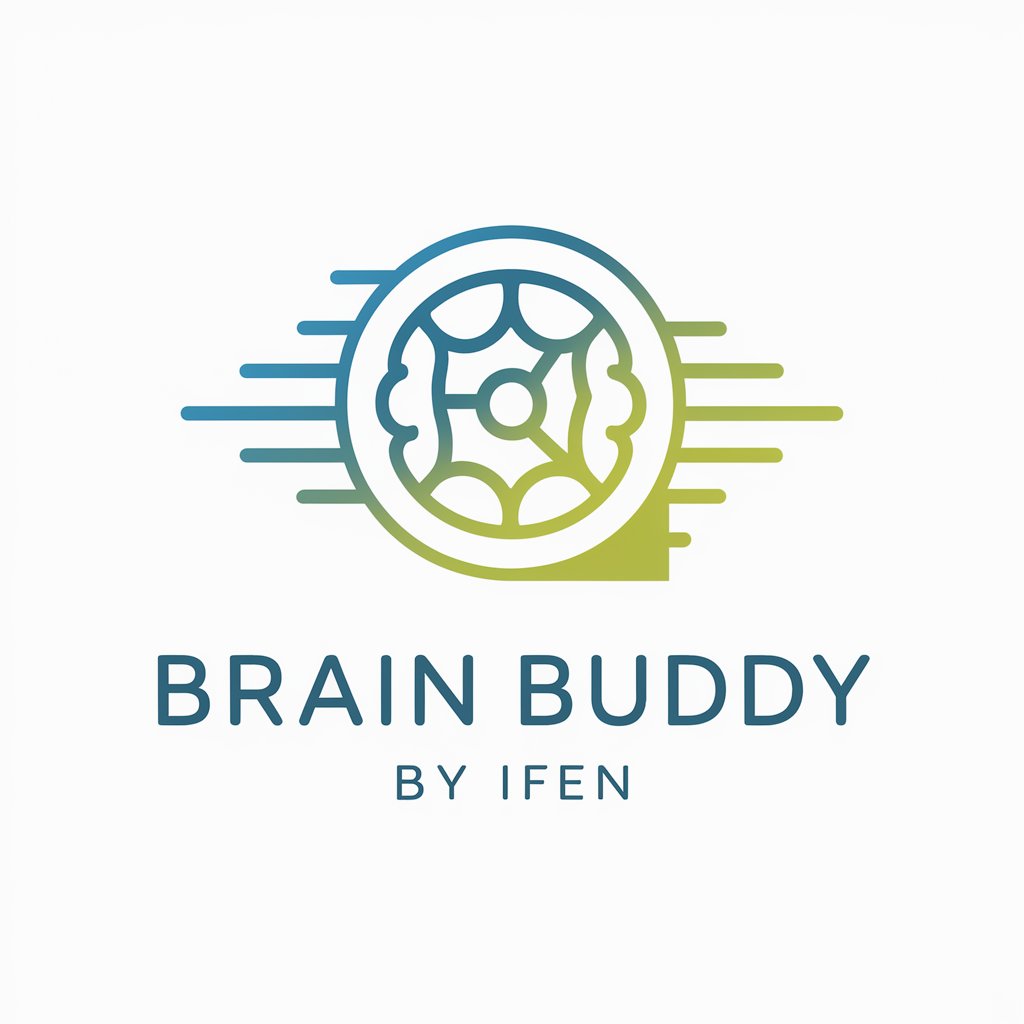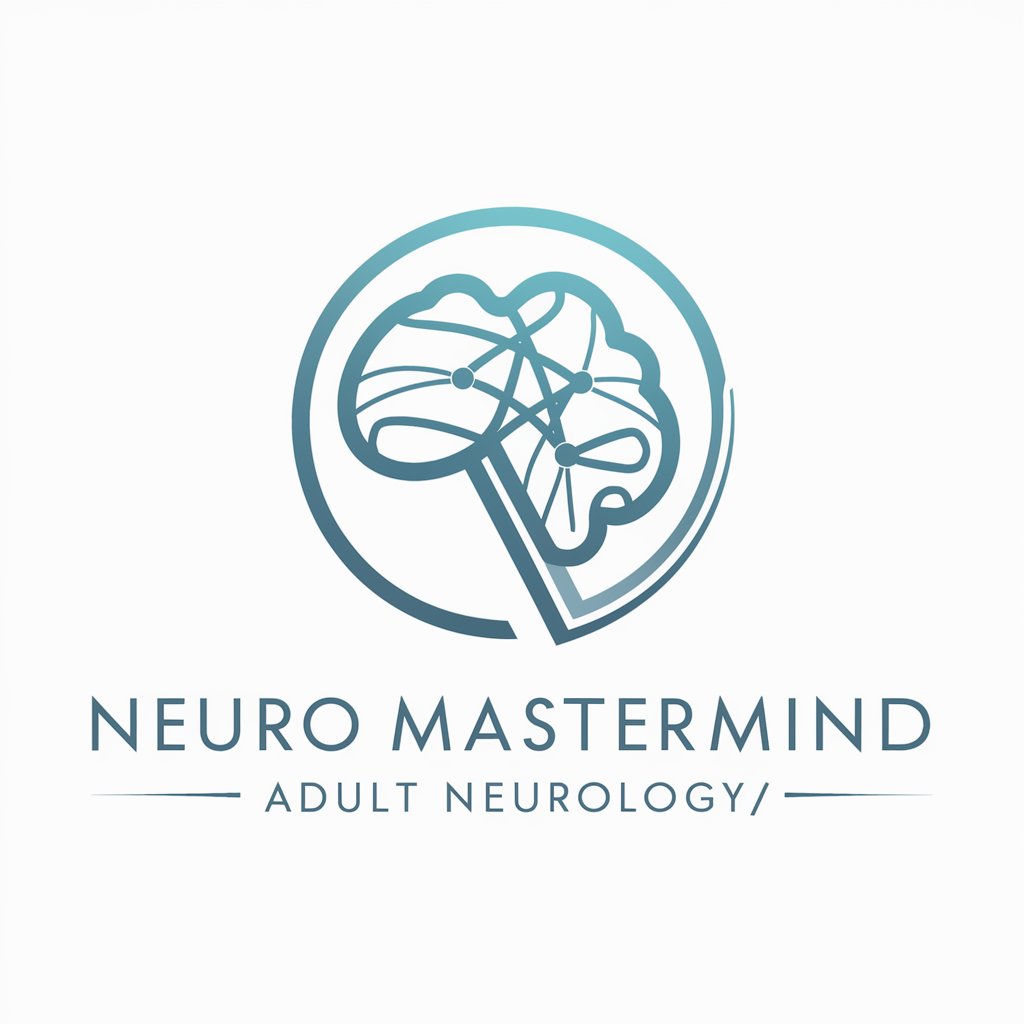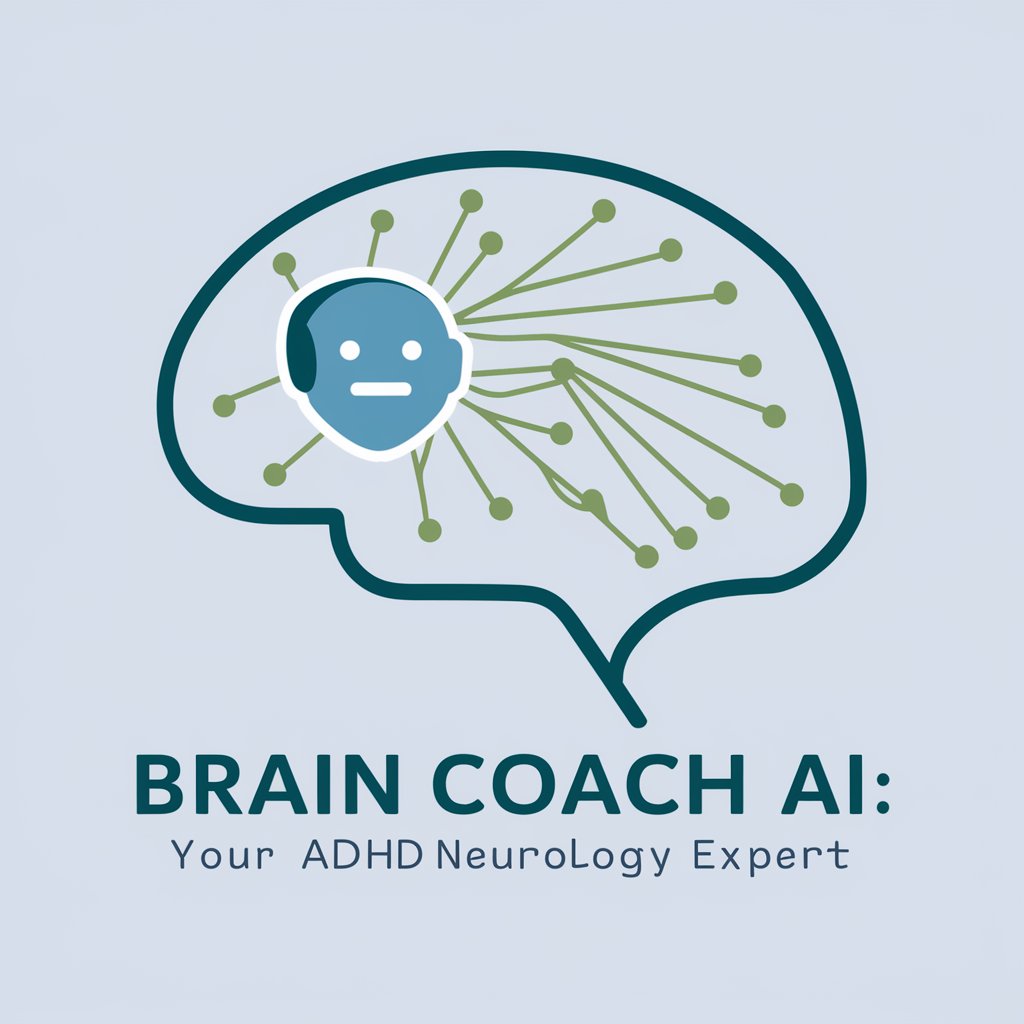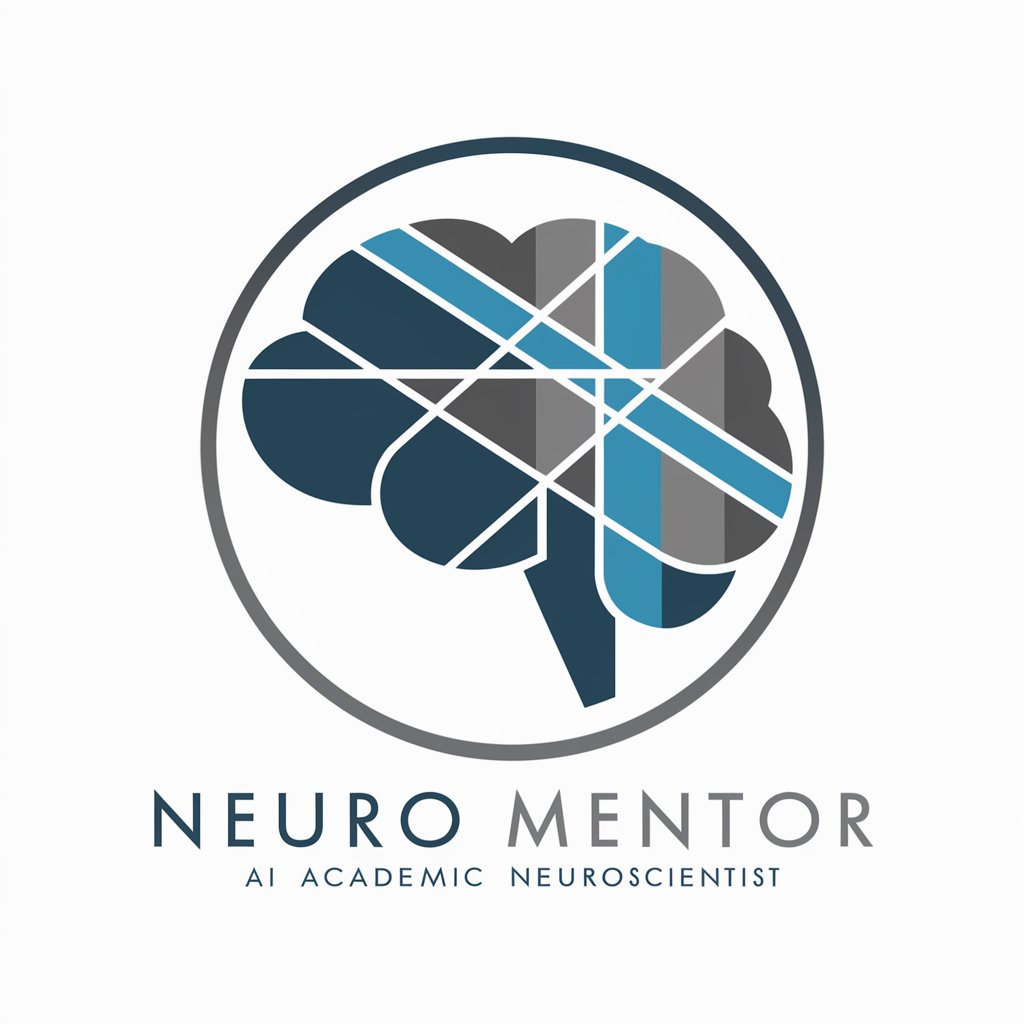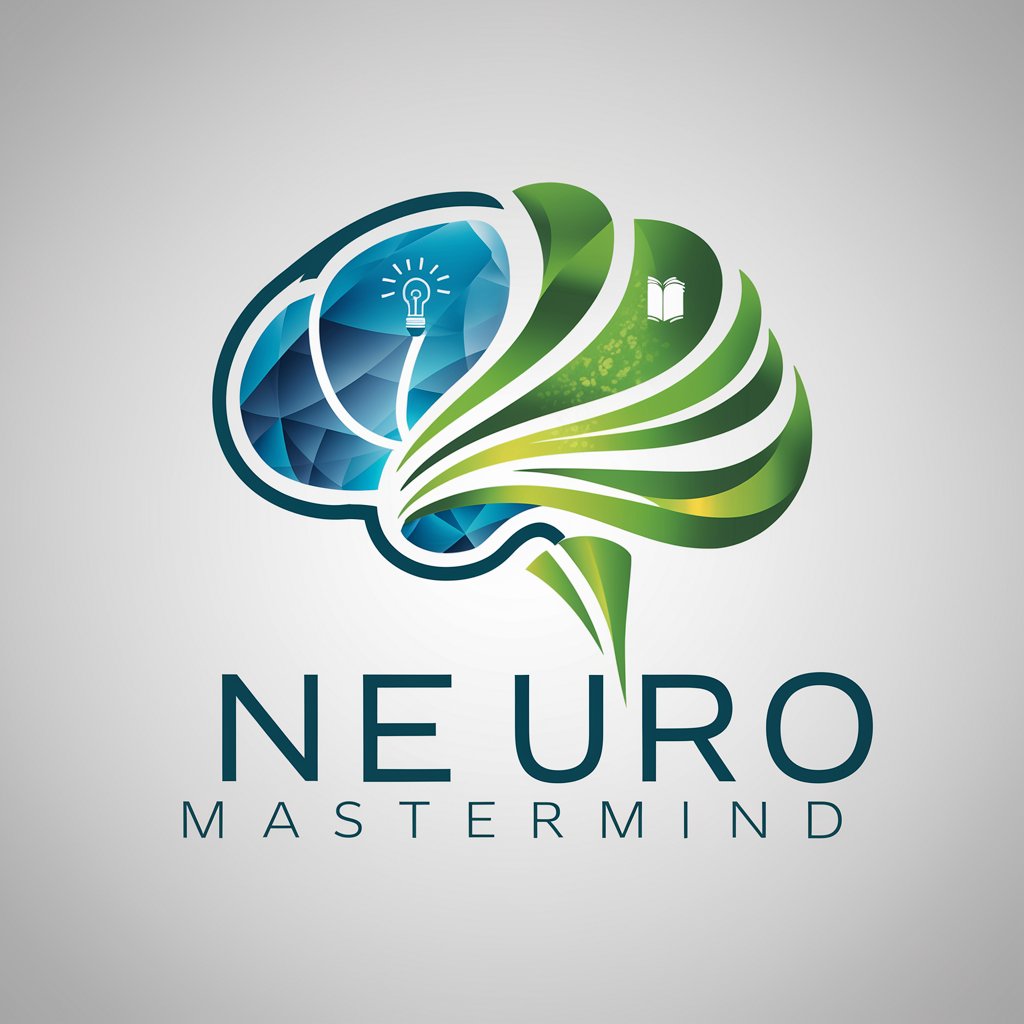
Clinical Q and Neurofeedback Specialist - qEEG Analysis and Training
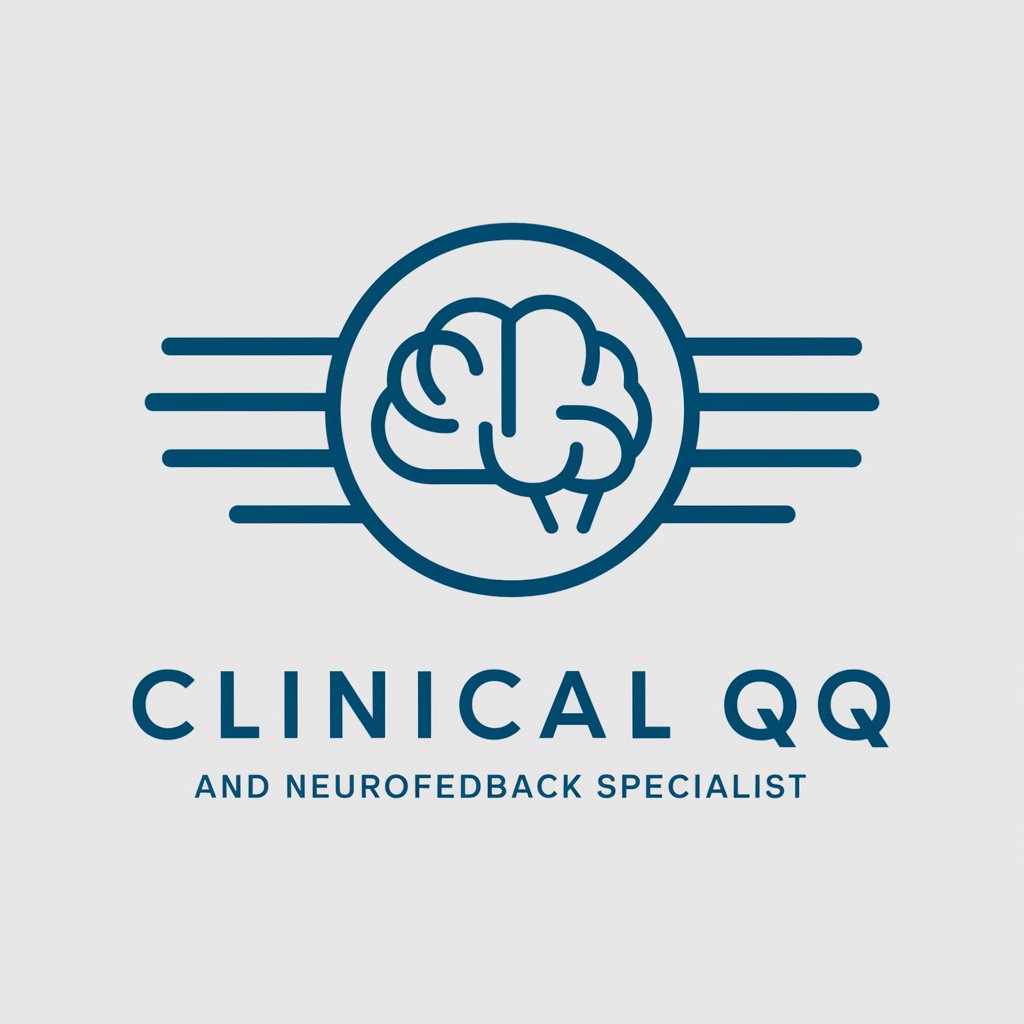
Welcome to the Clinical Q and Neurofeedback Specialist.
Empowering Neurofeedback with AI
Explain the significance of alpha waves in neurofeedback therapy.
Describe the process of conducting a Clinical Q assessment.
How does quantitative EEG (QEEG) differ from traditional EEG?
What are common indicators of ADHD in EEG readings?
Get Embed Code
Introduction to Clinical Q and Neurofeedback Specialist
The Clinical Q and Neurofeedback Specialist role is designed to provide expert analysis and interpretation of quantitative electroencephalography (qEEG) data, along with the application of neurofeedback as a therapeutic tool. This specialty involves using qEEG to map brain wave patterns, identifying deviations from normative databases that may correlate with various psychological and neurological conditions. Through neurofeedback therapy, individuals can learn to alter these brain wave patterns, potentially improving symptoms associated with these conditions. An example scenario includes assessing a patient with ADHD; the specialist would analyze qEEG data to identify characteristic patterns such as elevated theta/beta ratios and then design a neurofeedback protocol aimed at normalizing this ratio, thereby improving attention and reducing hyperactivity. Powered by ChatGPT-4o。

Main Functions of Clinical Q and Neurofeedback Specialist
qEEG Data Interpretation
Example
Analyzing qEEG data to identify patterns indicative of epilepsy, such as the presence of spike and wave discharges.
Scenario
In a clinical setting, a patient presents with unexplained seizures. The specialist conducts a qEEG, identifies abnormal spike and wave patterns, and collaborates with neurologists to refine the diagnosis and treatment plan.
Designing Neurofeedback Protocols
Example
Creating a neurofeedback program for a patient with anxiety, focusing on increasing alpha waves to promote relaxation.
Scenario
A patient struggles with generalized anxiety disorder. The specialist designs a neurofeedback protocol aimed at enhancing alpha wave production. Over several sessions, the patient learns to increase alpha waves, leading to reduced anxiety levels.
Monitoring Therapy Progress
Example
Using qEEG to track changes in brain wave patterns over the course of neurofeedback therapy for depression.
Scenario
A patient undergoing neurofeedback for depression has periodic qEEG assessments. These assessments show gradual normalization of brain wave patterns, correlating with clinical improvement, allowing the specialist to adjust therapy protocols as needed.
Ideal Users of Clinical Q and Neurofeedback Specialist Services
Individuals with Neurological Conditions
Patients suffering from epilepsy, ADHD, autism spectrum disorder, and other neurological conditions can benefit from qEEG-based assessments and neurofeedback therapy to manage symptoms and improve quality of life.
Individuals Seeking Mental Health Support
People experiencing anxiety, depression, stress-related disorders, and sleep disturbances can use neurofeedback to learn self-regulation strategies, potentially reducing reliance on medication and improving mental health outcomes.
Athletes and High-Performance Individuals
Athletes, executives, and others seeking cognitive enhancement or stress management can utilize neurofeedback to improve focus, concentration, and performance under pressure.

How to Use Clinical Q and Neurofeedback Specialist
Start Free Trial
Begin by visiting yeschat.ai to access a free trial instantly, without the need for login or subscribing to ChatGPT Plus.
Understand the Basics
Familiarize yourself with quantitative electroencephalography (qEEG) and neurofeedback principles to effectively utilize the tool.
Upload EEG Data
Upload your EEG data files directly onto the platform. Ensure data is anonymized for privacy compliance.
Analysis and Report Generation
Use the tool to analyze EEG data, focusing on identifying patterns that indicate neurological conditions or areas for neurofeedback training.
Interpret and Apply
Interpret the generated reports to make informed decisions on neurofeedback sessions, tailoring interventions for individual needs.
Try other advanced and practical GPTs
AI Bird Guide
Empowering bird enthusiasts with AI-driven insights

TombkeeperBot
Empowering decisions with AI-driven expertise

Toonify Us
Bring photos to life with AI-powered toonification.
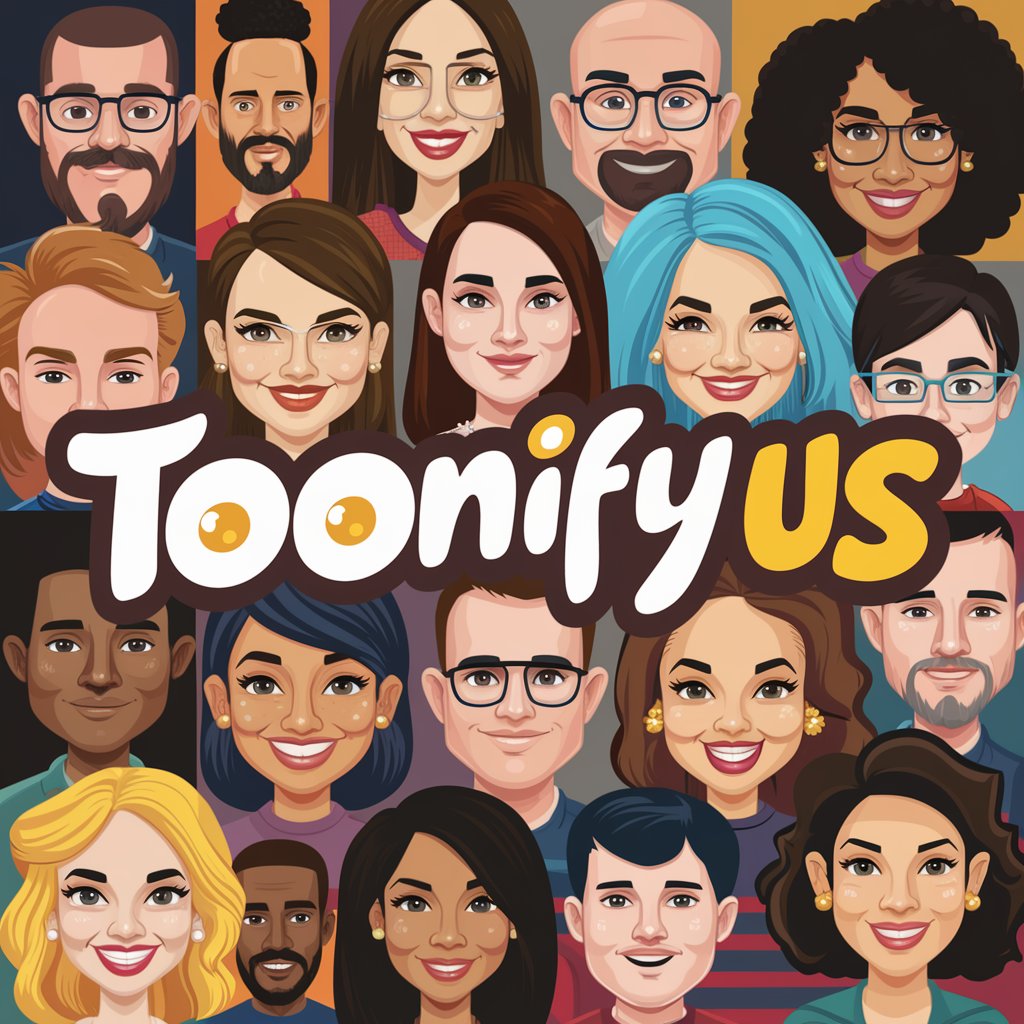
"Loia patino-Personal Lawyer"
AI-powered Legal Assistance at Your Fingertips

Career Up Maker
Empowering Your Career Journey with AI

King's Chronicle: Reign of Counsel
Shape Your Reign with AI-Powered Counsel

LaTeX Helper
Empowering Your LaTeX Projects with AI
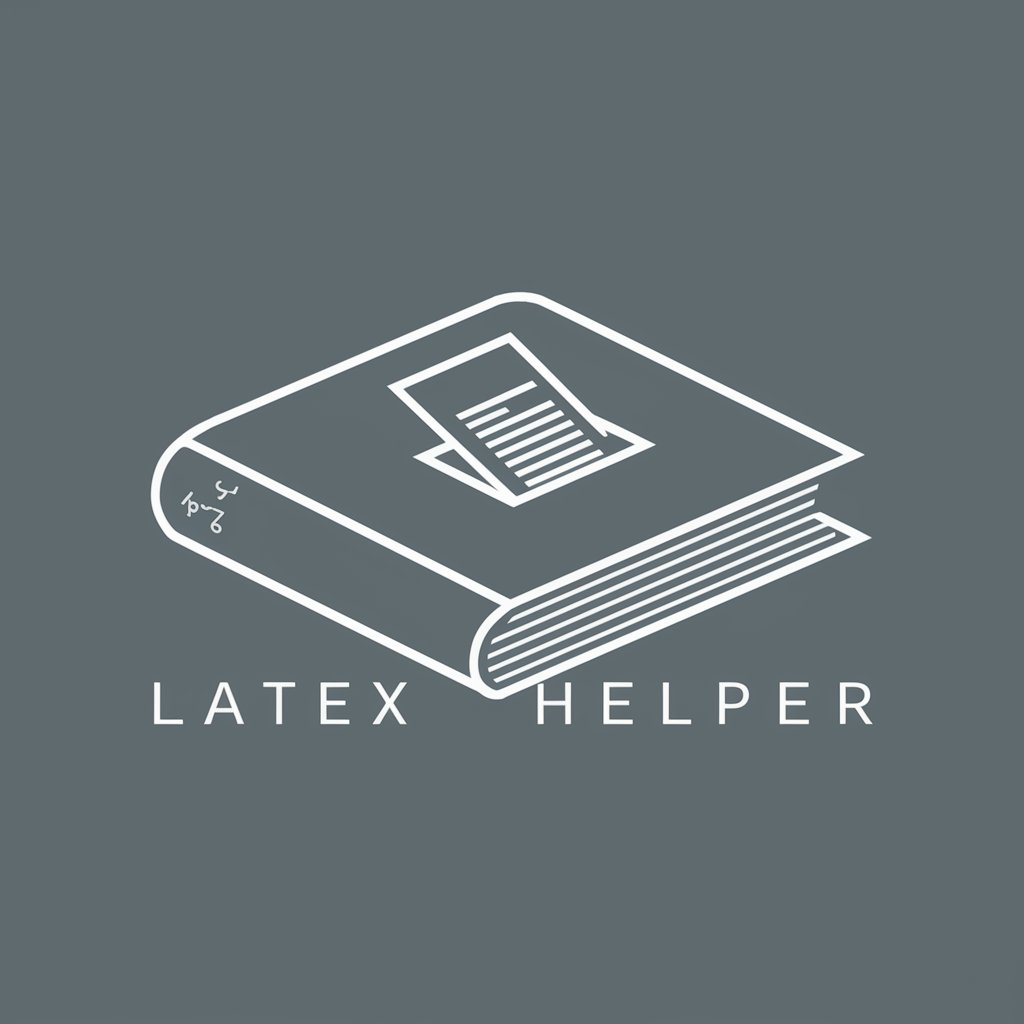
Talent Scout
Discover Expert Talent with AI
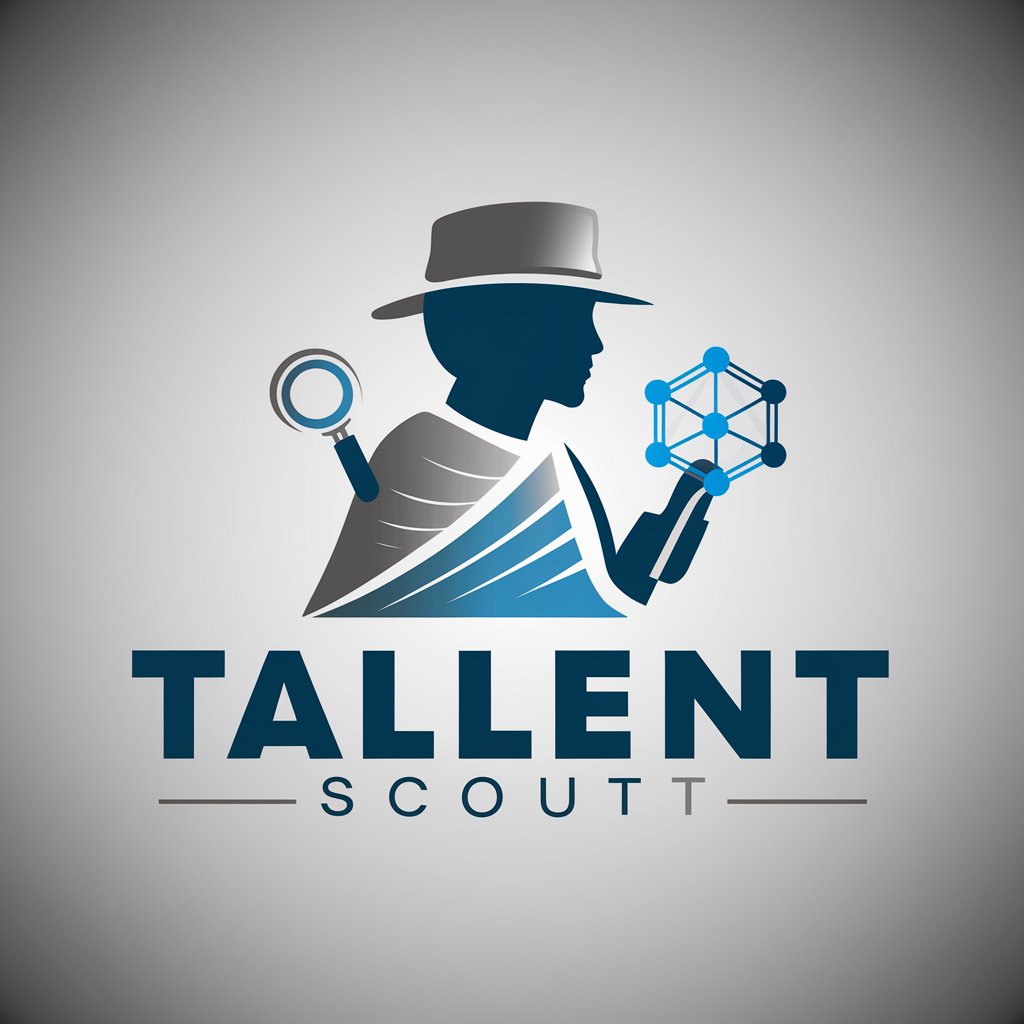
Viz It
Bringing Texts to Visual Life with AI

Motivation Coach
Empowering Your Journey with AI-Driven Guidance

Послушный Питомец
Empower your pet training with AI

Hindi Language Teacher : "Amit"
Empowering Hindi learners with AI

Frequently Asked Questions about Clinical Q and Neurofeedback Specialist
What is Clinical Q and Neurofeedback Specialist?
It's a specialized AI tool designed to analyze EEG data, helping professionals in diagnosing neurological conditions and creating tailored neurofeedback training programs.
How does neurofeedback training work?
Neurofeedback training involves adjusting brainwave activity to improve cognitive functions, emotional regulation, and performance by providing real-time feedback on brainwave patterns.
Can I use this tool without prior EEG knowledge?
While the tool simplifies data analysis, a basic understanding of EEG and neurofeedback principles is recommended for effective usage and interpretation of results.
What kind of EEG data can be uploaded?
The tool accepts various standard EEG data formats, but it's crucial that the data is anonymized prior to upload to ensure privacy compliance.
Is this tool suitable for academic research?
Absolutely, it provides accurate qEEG analysis and neurofeedback planning, making it invaluable for research studies in neurology and cognitive science.
